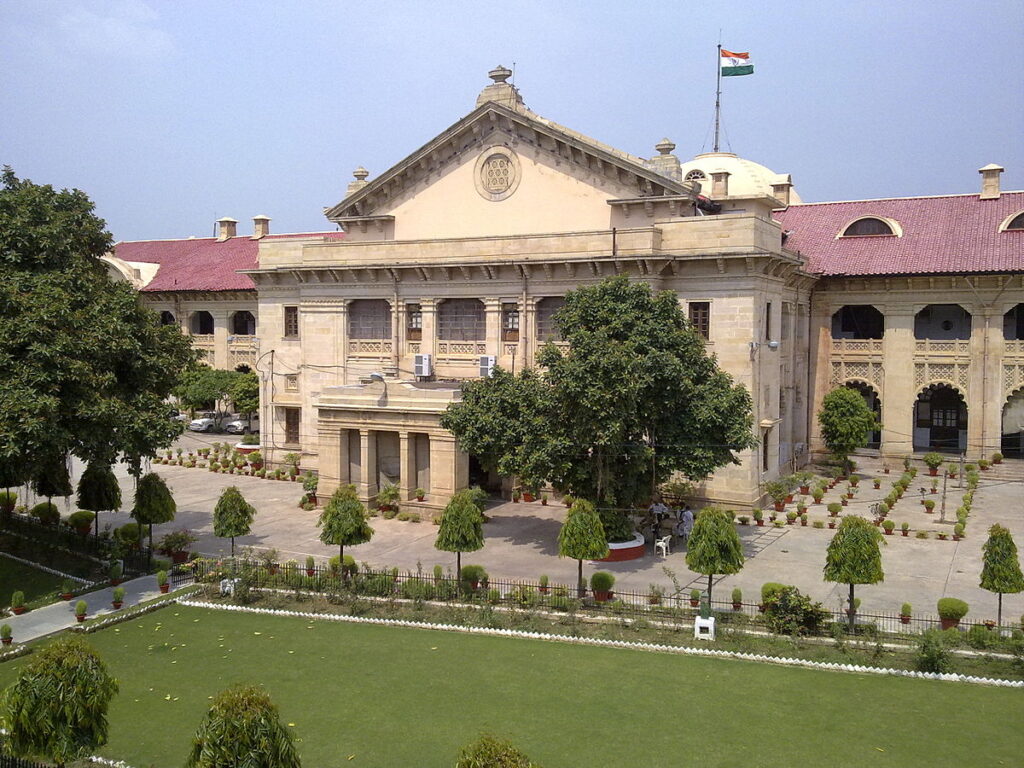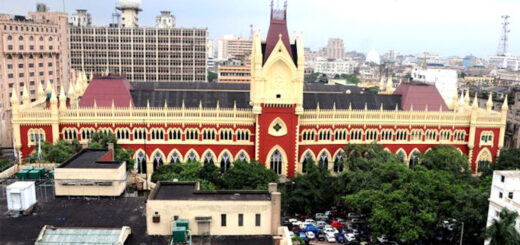People charged with a crime should not be allowed to run in elections: Allahabad High Court denies former MLA Irfan Solanki’s request to pause his conviction.

The Allahabad High Court denied Former Samajwadi Party MLA Irfan Solanki’s request to pause his conviction in an arson case. The court emphasized that individuals charged with crimes should not be allowed to run for public office. Solanki’s appeal was against a ruling from a Special Judge related to serious charges, including rioting and arson, which resulted in his conviction and a seven-year prison sentence. The Division Bench, led by Justice Rajiv Gupta and Justice Surendra Singh-I, noted that while the court has the authority to stay a conviction, it should only do so in rare cases where not doing so would cause injustice or irreversible harm.
Senior Advocate Imran Ullah represented Solanki, while the Government Advocate represented the state. The appellants argued that Solanki, who served as an MLA in 2007 and again in 2012, 2017, and 2022, was wrongfully accused due to political rivalry. They highlighted his 17 years of public service and his role in Parliamentary Research. Due to his conviction, Solanki has been disqualified from serving as an MLA under Section 8 of the Representation of People Act 1951, preventing him from running in future elections.
The respondent, AGA, argued that the appellants are involved in serious crimes, including arson and burning the informant’s hut. They also have extensive criminal records, with 17 and 6 cases against them, respectively, and some of these cases have not yet allowed bail. The Bench referred to the Supreme Court’s ruling in Ravikant S. Patil vs. Sarvabhouma S. Bagali, which stated that granting a stay of conviction is rare and not the standard practice. The High Court noted that the authority to stay a sentence and to stay a conviction are different; a stay of sentence only requires a prima facie case, while a conviction cannot be stayed on that basis alone. The appellant was convicted after a full trial.
The Bench acknowledged that one result of the conviction was the appellant’s disqualification from being a Member of the Legislative Assembly under Section 8 of the Representation of People Act, 1951, which also prevents them from running in future elections. The Bench remarked, “A representative should have a clean background. It is often observed that many individuals with criminal records or serious charges are elected to Legislative Assemblies and Parliament.” Emphasizing the general view that those charged with crimes should be disqualified from public office elections, the Bench concluded, “…we believe that the appellants, who face serious charges and have significant criminal histories, with bail denied by both this Court and the Supreme Court, do not qualify for a stay of conviction.”
The court considered the broader social effects of halting the conviction and denied the petition. They stated, “We believe that simply arguing that appellant No. 1 is disqualified due to his conviction under the Representation of People Act, 1951, is not a valid reason to suspend the conviction.”
Cause Title: Irfan Solanki And Another v. State of U.P [Case No. CRIMINAL APPEAL No. – 6659 of 2024]
Appearance:
Petitioner:Senior Advocate Imran Ullah, Advocate Upendra Upadhyay
Respondent: Government Advocate









